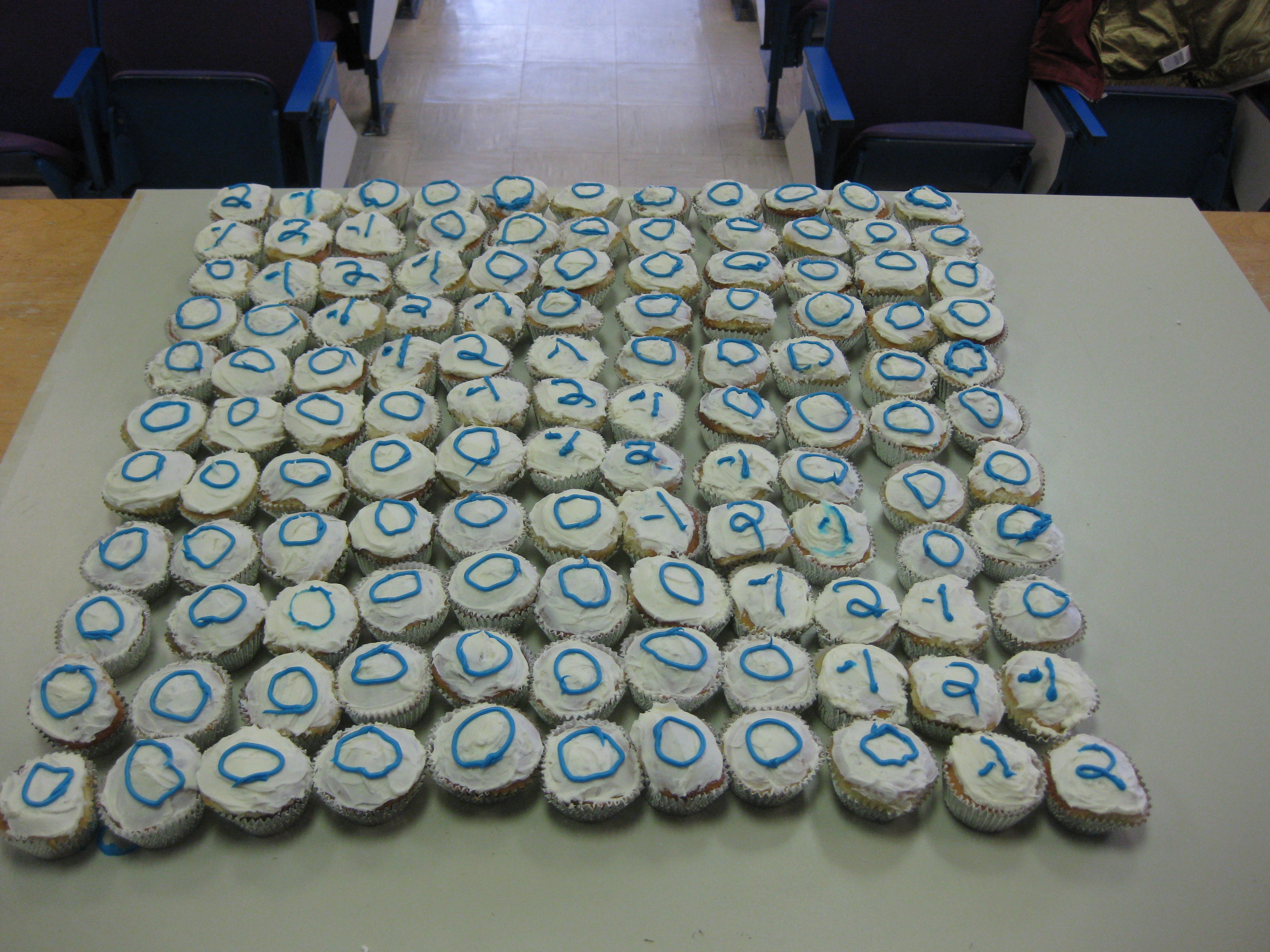Page in progress. This class will be online. It will meet on MWF from 10 to 11 Eastern time, on zoom.
In terms of topics, the class will largely follow the structure used by many instructors in the past, including Prof Strang. The book will
be the
same as before (CSE by Gil Strang). You can already order it online if you plan on taking the class. Follow the link below to get a
discount.
We recognize that ease of access might be an issue, particularly if you are in a different time zone. As a result, we strongly encourage
live
participation but do not require it. Recordings of the lectures will be made available. The live component of the class will include
ungraded group
activities in breakout rooms, so you get to know one another.
There will be no final exam. There will be weekly problem sets, and 3 quizzes. The current plan is to give a set amount of time TBA for
completing
each quiz after it is handed out. We will operate on an honor system -- no collaboration on the quizzes. The grade breakdown will be 50%
psets and
50% quizzes. To further minimize the effect of occasional scheduling conflicts you might have, the lowest pset score and the lowest quiz
score will
both be dropped. The assignments will involve light programming, in the language of your choice.
There will be no recitations, but there will be virtual office hours (time TBA). We will run a piazza site for Q&A, and the office hours
will start
with the piazza questions. The live Q&A during lecture will likely be through the zoom chat.
If you are running into logistical difficulties before the start of the term, don't hesitate to contact the instructor.
The class presents and ties together important notions of computational mathematics for scientists and engineers. It sheds a second light on linear algebra and differential equations. The focus is not on any particular application -- many will be covered from mechanical to electrical systems, graphs, networks, etc. -- but rather on the common mathematical framework that underlies most of them. Both modeling and computation will be covered. The class is suitable for master students, advanced undergraduates, or anyone interested in building a foundation in CSE.
Topics:
- Part 1: Applied Linear Algebra
- Difference matrices and boundary conditions
- Elimination, inverses, eigenvalues
- Positive definite matrices
- Fundamental subspaces and matrix decompositions (QR, SVD)
- Part 2: A Framework for Applied Mathematics
- Stiffness matrices and oscillations
- Least-squares
- Kirchhoff's laws, graphs, etc.
- Part 3: Boundary-Value Problems
- Gradient, divergence, Poisson's equation
- Splines and finite elements
- Finite differences and fast iterative methods
- Part 4: Fourier Series and Integrals
- Periodic functions
- The discrete Fourier transform and the FFT
- Convolution and deconvolution
The class will closely follow the first four chapters of the book Computational Science and Engineering by Gil Strang.
- The book's web page, including a few sample sections, codes, and solutions to selected problems.
- Gil Strang's publisher web page, including instructions on how to order the book online with a discount
- The other class page, which will be maintained long after this page is gone, with tons of links to old homework problem sets, quizzes, solutions, and code.
Chapters 5 through 8 of the book are normally covered in 18.086 (not taught this term). It does not hurt to signal your interest to the instructor if you wish to see 18.086 offered in the future!
Prerequisites: Calculus, including derivatives,
integrals, linear differential equations, complex numbers, and familiarity
with the noble functions of mathematics (sin, cos, exp, log, etc.).
Vectors and matrices, including elementary operations (mat-vec,
mat-mat multiply, etc.), row reduction, linear (in)dependence of vectors,
linear systems of equations. It helps, but is not necessary, to have taken
a linear algebra class such as 18.06. The homework assignments will
involve basic computer programming in the language of your choice (Matlab or Python or Julia are good choices).
Date and Time: MWF 10-11 on zoom
Instructor: Laurent Demanet. Office hours: TBA
50% homework, 50% three in-class quizzes.


